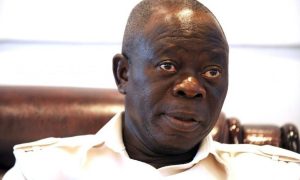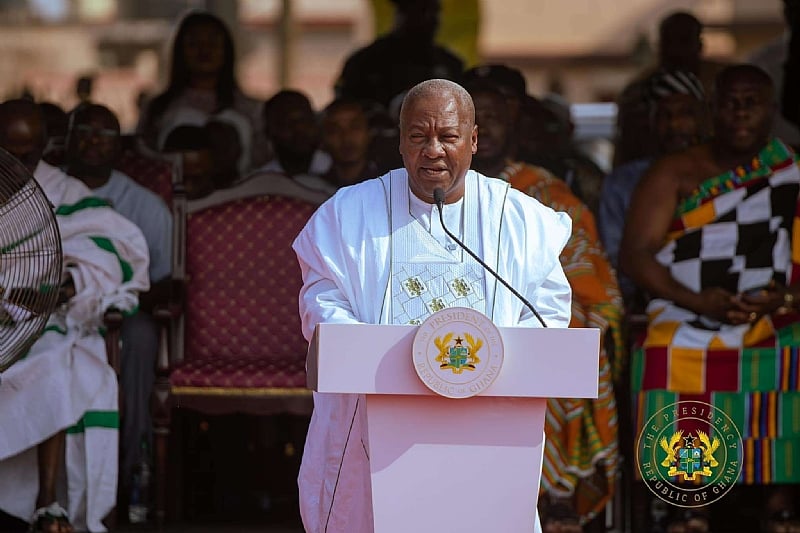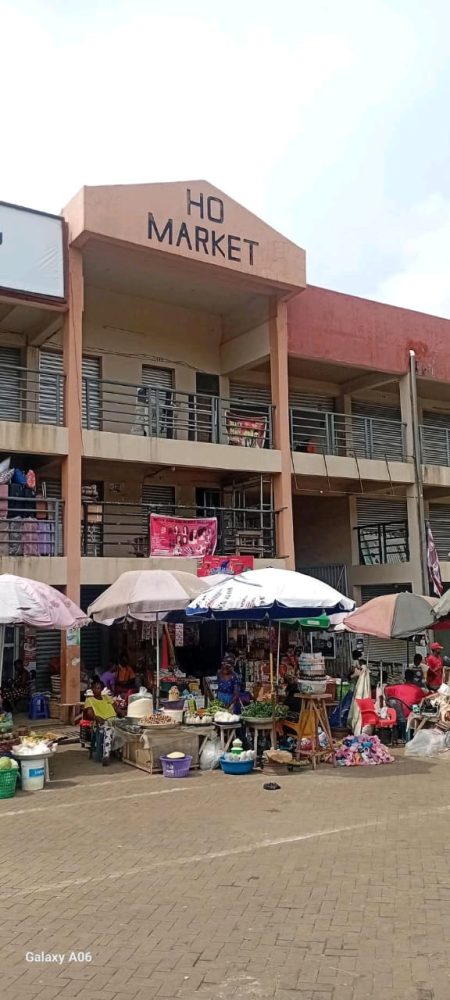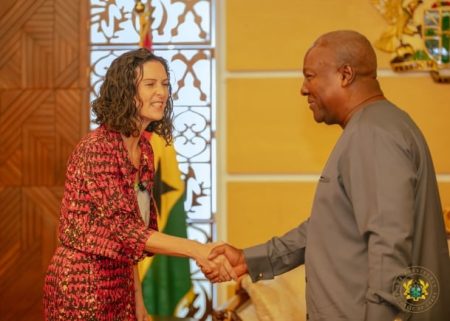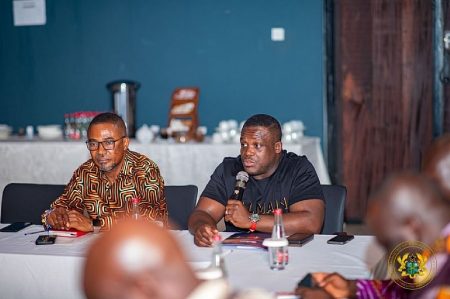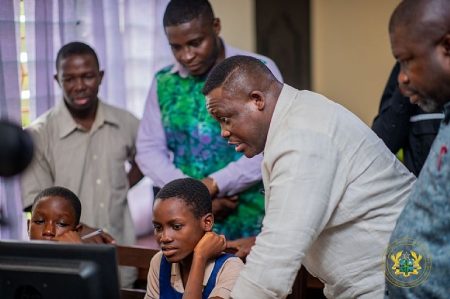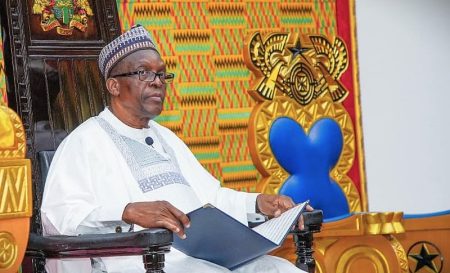The escalating security crisis in Bawku, a town in Ghana’s Upper East Region, prompted President John Dramani Mahama to order the Ghana Armed Forces (GAF) to provide armed escorts for all vehicles traversing the conflict zone and the Walewale-Bolgatanga corridor. This decisive action reflects the government’s commitment to quelling the persistent violence that has claimed numerous lives and instilled fear among residents and travellers. The directive aims to immediately bolster security, protect civilians, and restore a semblance of normalcy to the region, which has long been plagued by intermittent ethnic tensions and chieftaincy disputes. This heightened security presence serves as a critical interim measure while long-term peacebuilding efforts continue.
Bawku’s history is marred by recurring cycles of violence rooted in complex chieftaincy conflicts. Despite various peace initiatives implemented over the years, these deep-seated tensions periodically erupt, disrupting daily life, impeding economic activities, and creating a climate of fear and uncertainty. The President’s order for armed escorts represents a significant escalation in the government’s response, demonstrating a firm resolve to address the insecurity and protect the lives and livelihoods of those affected. The move underscores the urgency of the situation and the administration’s recognition of the need for a more robust security approach to safeguard vulnerable communities and prevent further bloodshed.
President Mahama’s declaration, made during his ‘Thank You Tour’ of the North East Region, emphasized the non-negotiable nature of peace and highlighted his commitment, as commander-in-chief, to ensuring the safety of all Ghanaians. By directing the GAF to deploy armed escorts, he has signaled a clear intent to assert government control and restore public confidence in the region’s security. The directive serves as a powerful message to those perpetuating the violence that the government will not tolerate further instability. Furthermore, it provides reassurance to the affected population that their safety is a priority.
This intervention aims to achieve multiple objectives. Firstly, the presence of armed escorts serves as a deterrent against further attacks by armed groups. The increased security presence makes it more difficult for perpetrators to carry out attacks, thereby reducing the risk of further casualties. Secondly, it safeguards humanitarian access to the region. Aid organizations and other essential services can operate more safely, ensuring that vital supplies and assistance reach those affected by the conflict. Thirdly, it facilitates economic activity along the Walewale-Bolgatanga corridor, a crucial transportation route for trade and commerce in northern Ghana. By securing this vital artery, the government aims to support economic recovery and improve the livelihoods of the people in the region.
The deployment of armed escorts is expected to provide immediate protection to civilians travelling through the volatile area. This measure offers a tangible sense of security for both residents and travellers who have been living under the constant threat of violence. It allows for the resumption of normal movement and economic activities, which are essential for the region’s stability and development. While this measure is not a long-term solution, it is a necessary step to create a more secure environment and pave the way for sustainable peacebuilding initiatives.
The implementation of this directive will necessitate additional military reinforcements and logistical support to the region in the coming days. The GAF will be tasked with providing the necessary personnel and resources to ensure the effective execution of the escort operations. This will include coordinating logistics, establishing patrol routes, and ensuring the safety and well-being of the armed escorts themselves. The success of this intervention will depend on the GAF’s ability to effectively deploy and manage these resources in a challenging and dynamic security environment. It also underscores the need for continued dialogue and community engagement to address the root causes of the conflict and build lasting peace.




